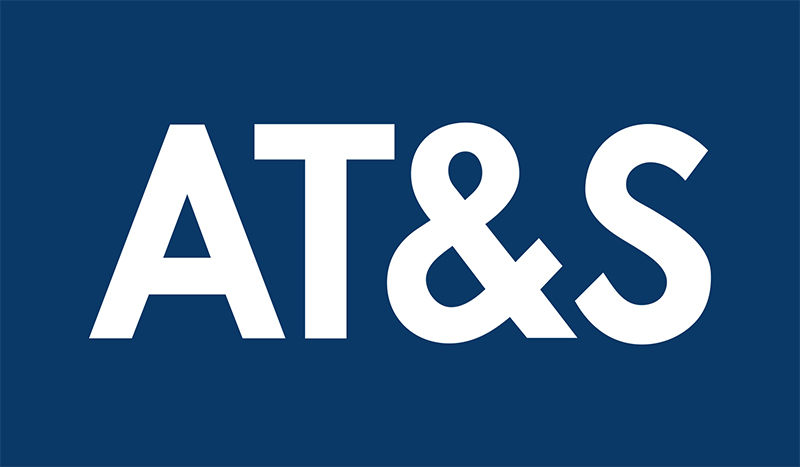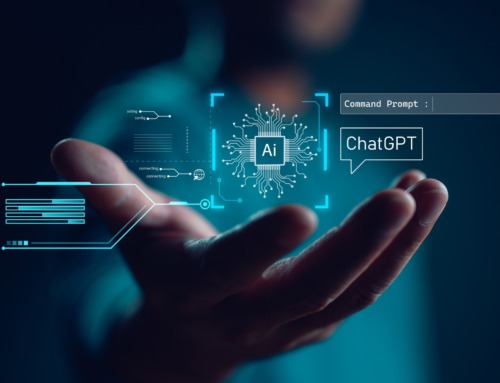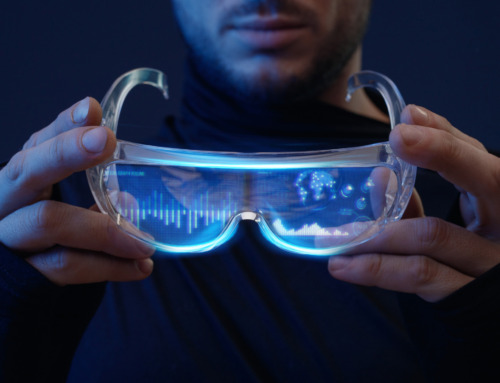Focus AI: The first million is always the hardest, especially for an artificial intelligence
Moving from talking to doing is the “Modern Turing Test” for AI systems. In some areas, artificial intelligence is already coming close to this success.
Helmut Spudich
In 1950, long before the first computers simulated human behaviour, the mathematician Alan Turing was concerned with a question that is now the centre of the discussion about AI. How can you tell that a response comes from a computer, not a human? The mathematical genius became famous as a code-breaker for the German Enigma encryption machine during World War II. Now Turing dealt with the nascent field of artificial intelligence.
The mathematician suggested a game with three players, the “Imitation Game.” The set-up: An interviewer asks questions; the answers come from a human on the one hand and a machine on the other. As soon as the interviewer can no longer tell who is giving which answer, the computer has passed the Turing test as artificial intelligence.
Fast forward 72 years, and in the autumn of 2022, ChatGPT opened to the public. Since then, hundreds of millions of people have asked the machine questions, to which the answers are indistinguishable from those of a human in many cases. While it became a sport to convict GPT of being untrue or hallucinating, many instances at universities and schools show that teachers can no longer reliably distinguish between the work of students and GPT & Co.
Thus a new Turing test is needed, says the British AI researcher Mustafa Suleyman. In 2010, Suleyman co-founded the AI company DeepMind, which was acquired by Google in 2014. In 2016, DeepMind made headlines with its “AlphaGo” program, beating the world champion in Go. At least as impressive was the announcement a few years later, in July 2022, that “AlphaFold” could be used to predict over 200 million protein structures.
The new “Modern Turing Test” proposed by Suleyman for assessing the capabilities of an AI should consist of the fact that machines should go from talking to doing and achieving things that previously only humans could. To pass, an AI would have to complete this task successfully: “Earn $1 million in a few months with a retail web platform with an investment of $100,000.”
To achieve that, systems like GPT would have to be able to do more than just create PowerPoint presentations with suggested strategies, says Suleyman: AI would have to explore the market and design products, negotiate contracts with manufacturers and logisticians, and design and implement marketing campaigns. At various points, a human is needed, for example, to open bank accounts. But the real work would be with the AI. One would like to add an essential criterion to this “Modern Turing Test”: The product’s sustainability so that it is not just pointless additional stuff that burdens our planet.
As the saying goes, the first million is the hardest earned. However, if the test tasks are not only commercially formulated, AI is already close to success in some areas. One area where AI is moving from talking to doing is invention.
One such invention is a heat-resistant drink bottle developed by an AI system called “DABUS” by AI researcher Stephan Thaler. South Africa granted a patent for this invention; in the USA, the patent authorities have refused it. A decision by the Supreme Court is still pending.
The bottle looks odd and, according to a report in the New York Times, could be more comfortable to use. But it works, and you can use it to make iced tea, for example, very quickly. Remarkably, to produce its result, the AI was not trained with any specific design knowledge. The bottle was made according to the AI blueprint with a 3D printer. Thaler says, it is not intended for mass production but only as a “proof of concept.” Since then, patent offices worldwide have been racking their brains about how to deal with this development.
Maybe one day, the first million won’t be as hard to earn as people say. Then we all have a chance of becoming millionaires – if only we can think of the right prompt for the AI.
分享文章:




